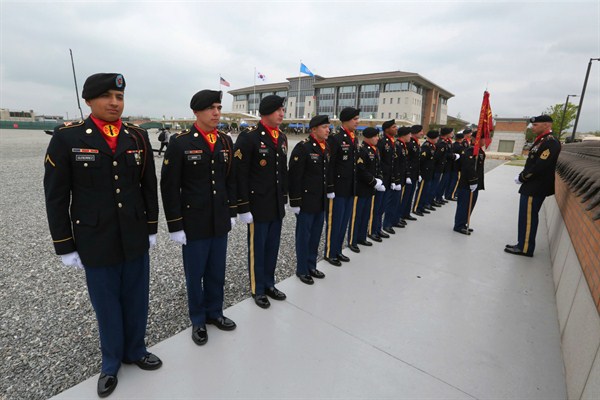Traditionally, the U.S. military considered strategy something its officers should learn only when they had reached what the military considered to be an appropriate stage of their careers. While a tiny handful of officers taught themselves strategy earlier than that through rigorous personal reading, most were introduced to it only as they advanced in rank.
Recently, though, the idea that officers should only learn strategy once the services decide they are ready for it has been challenged—not so much because the military itself has changed its position, but because a group of young officers have begun mastering strategy outside the strict confines of the military’s formal educational system. This has sparked the emergence of a small, informal community of next-generation strategists. Their efforts bode well for the future military and provide indications of how it may evolve.
Two things set the stage for these informal communities of strategists to take shape. One was the involvement of the U.S. military in what is often called the “long war” against jihadist extremism. Through multiple deployments to Iraq, Afghanistan and other hot spots, young officers recognized that the American military had unsurpassed tactical skill and technology, but seemed unable to produce unambiguous wins in this global struggle.They concluded that the problem was not tactical but strategic—the U.S. strategy for fighting jihadism was flawed. Put simply, the American military had a strategy deficit.

